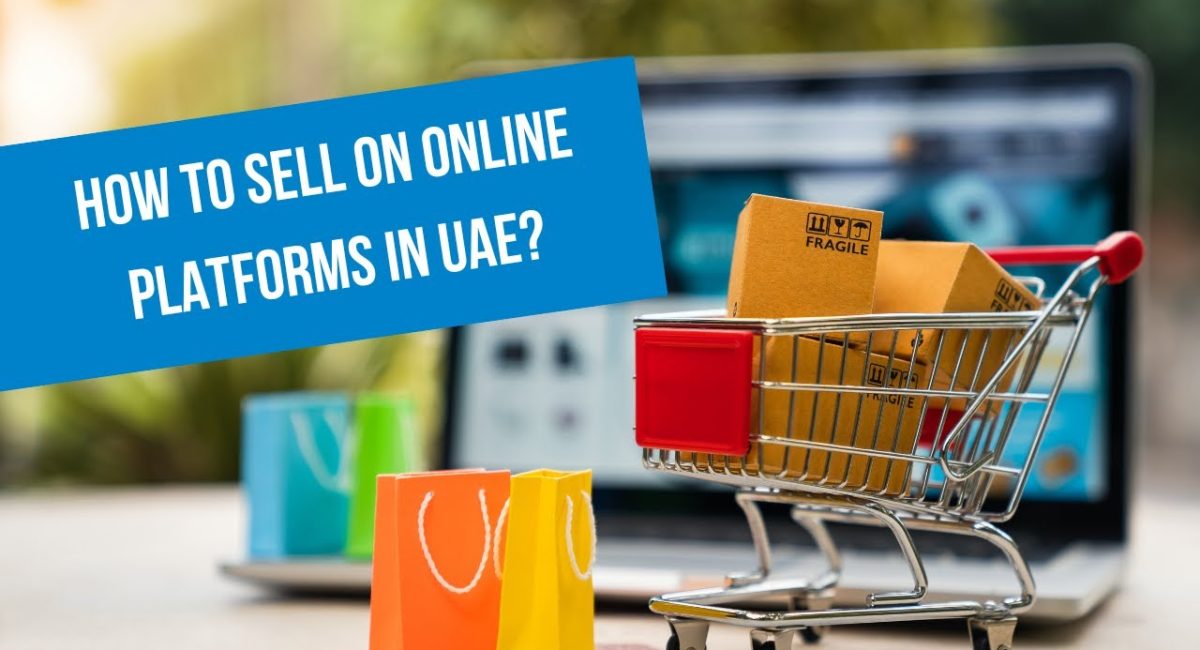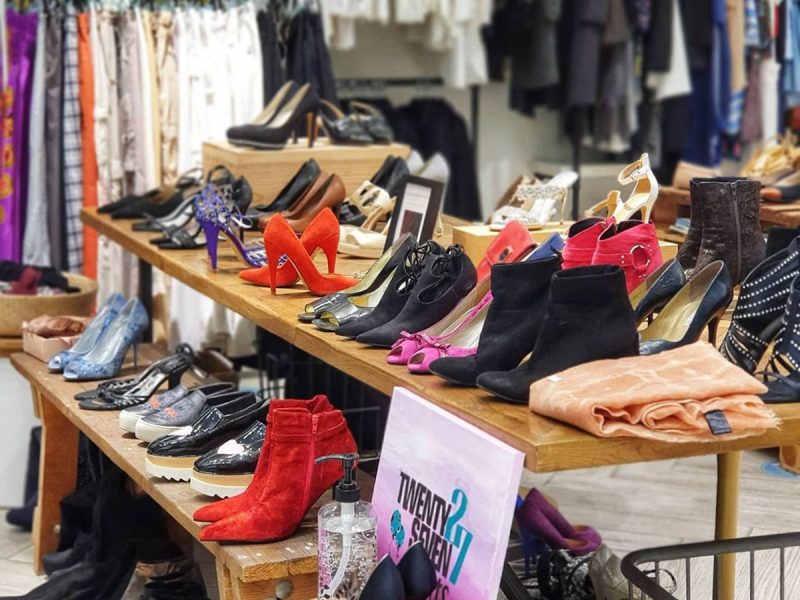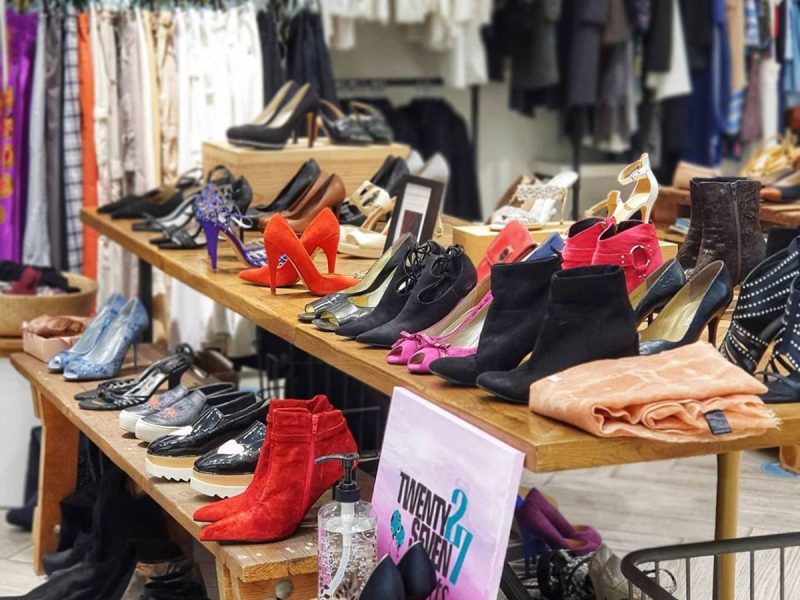Best Practices for Selling Items Online in Dubai
Best Practices for Selling Items Online in Dubai
Selling items online in Dubai presents unique opportunities and challenges in an active and thriving e-commerce market. With the region’s digital transformation and a highly connected population, Dubai has become a hotbed for online sales and commerce. Whether you’re a small business owner, an independent seller, or a large enterprise, understanding the best practices for online selling can maximize your profits and help you stand out in a competitive market. Here, we’ll walk through comprehensive strategies to help you successfully sell online in Dubai.
1. Understanding the Dubai E-commerce Market
To excel in online selling, it’s essential to understand Dubai’s e-commerce landscape. Dubai’s population is tech-savvy, with high levels of internet and smartphone penetration. This audience has a high purchasing power, and consumers often value quality, luxury, and convenience. Major global players and local marketplaces like Amazon.ae, Noon, and Dubizzle dominate the online shopping scene, setting high standards for sellers.
For sellers, this means focusing on providing value, offering secure payment options, and delivering a seamless shopping experience. It also means catering to cultural preferences, which can involve offering products that align with Middle Eastern lifestyles, traditions, and consumer behaviors.
2. Choosing the Right Online Platform
Selecting the ideal platform is critical for online success. Several types of platforms are available to sellers:
- Marketplaces: Amazon.ae, Noon, and Dubizzle are popular options. These platforms offer a ready customer base and user-friendly seller tools but may have strict guidelines and fees.
- Social Media Platforms: Platforms like Instagram and Facebook Marketplace offer a more flexible, visual way to sell items, especially for fashion, beauty, and lifestyle products.
- E-commerce Websites: Building a personalized website using platforms like Shopify or WooCommerce can offer full control over branding, customer data, and user experience.
Each platform has its advantages, so choose one that aligns with your business goals, resources, and target audience.
3. Setting Up Your Online Store
A well-designed online store is essential to attract and retain customers. Here are the fundamental steps:
A. Optimizing the Website Design
- Responsive Design: Your website should be mobile-friendly, as a large portion of shoppers in Dubai use smartphones for online purchases.
- Fast Loading Speed: A fast-loading website improves the user experience and can enhance your search rankings.
- User-Friendly Navigation: Make it easy for users to find products, navigate categories, and check out.
B. Product Listings and Descriptions
Your product descriptions should be detailed and persuasive. Include information about product specifications, benefits, and unique selling points. Also, use high-quality images from multiple angles, ensuring that customers can get a good feel for the item. Consider adding video demonstrations for higher-value items or products that require usage explanations.
C. Payment and Shipping Options
Offer a variety of secure payment methods, including credit cards, Apple Pay, and local options like cash on delivery (COD), which is still widely used in Dubai. Additionally, include clear shipping policies and offer fast, reliable delivery options to build customer trust.
4. Pricing Strategy and Competition Analysis
Researching competitor pricing is key to setting a competitive price point. Dubai’s consumers are willing to pay a premium for quality and convenience, but they also seek value for money. Some tips for an effective pricing strategy include:
- Competitive Pricing: Use tools like Google Shopping to compare competitor prices, keeping your pricing competitive while maintaining profitability.
- Discounts and Offers: Seasonal promotions, flash sales, and bundles can attract buyers, especially during festive seasons like Ramadan and Eid.
- Value-Added Offers: Adding extras like free shipping, gift wrapping, or loyalty rewards can make your store more appealing.
5. Building Trust and Credibility
Trust is crucial in online transactions. Establish credibility by:
- Displaying Customer Reviews and Ratings: Positive reviews from previous customers can significantly impact purchasing decisions.
- Transparent Policies: Clear return, refund, and privacy policies reassure customers of your commitment to quality service.
- Secure Checkout Process: Using SSL encryption and secure payment gateways protects customer data and builds trust.
Offering a seamless and secure online shopping experience can help you convert more visitors into loyal customers.
6. Search Engine Optimization (SEO)
SEO is vital for attracting organic traffic. Here are some best practices for optimizing your online store:
A. Keyword Research
Identify and target keywords related to your products and services. Tools like Google Keyword Planner and Ahrefs can help you find the right keywords. Focus on long-tail keywords that capture purchase intent, such as “buy luxury watches in Dubai” or “affordable home decor UAE.”
B. On-Page SEO
- Meta Titles and Descriptions: Include keywords in your product titles and descriptions.
- Image Alt Text: Optimize image descriptions with relevant keywords to improve visibility in search results.
- URL Structure: Use clean, keyword-rich URLs for your product pages.
C. Content Marketing
Content can boost your SEO efforts by attracting backlinks and establishing you as an authority. Start a blog section where you discuss topics related to your products, such as “Top Trends in Dubai Fashion” or “How to Decorate Your Home for Eid.”
7. Social Media Marketing
In Dubai, platforms like Instagram, Facebook, and TikTok are popular among online shoppers. Here’s how to leverage them:
- Product Showcases: Showcase your products visually, using high-quality images and videos.
- Influencer Marketing: Partnering with local influencers can expand your reach and build credibility.
- Paid Ads: Social media ads allow precise targeting options, reaching audiences based on location, age, interests, and behavior.
Regular posting, engaging stories, and interactive elements like polls and live videos can help you build a dedicated audience.
8. Offering Exceptional Customer Service
Customer service plays a significant role in online shopping success. Prompt responses and efficient handling of inquiries build trust and encourage repeat purchases. Some tips include:
- Live Chat Support: Instant support can answer customer queries quickly, reducing cart abandonment.
- Clear Contact Information: Make it easy for customers to reach you through phone, email, or social media.
- Post-Purchase Support: Following up after the sale, such as requesting feedback or offering assistance with product setup, can boost customer satisfaction.
9. Utilizing Data Analytics
Tracking and analyzing data from your online store provides insights into consumer behavior, sales trends, and areas for improvement. Google Analytics and platform-specific tools on Shopify or WooCommerce can help you monitor:
- Traffic Sources: Identify where your visitors are coming from (organic search, social media, etc.).
- Conversion Rate: Calculate how many visitors convert into paying customers.
- Abandoned Cart Rate: Identify products that are frequently abandoned and consider optimizing their pages or pricing.
Using data to refine your strategies can enhance user experience and increase sales.
10. Compliance with Dubai’s Legal and Regulatory Requirements
Selling online in Dubai requires compliance with local regulations. Here’s what you need to know:
- E-commerce Licensing: Depending on your business type, you may need a trade license from Dubai’s Department of Economic Development (DED).
- VAT Registration: The UAE levies a 5% VAT on most goods and services, which you may need to register for if your sales exceed a certain threshold.
- Privacy and Data Protection: Ensure compliance with data protection regulations, protecting customer data and respecting privacy.
Consulting with a legal professional or business consultant can help you navigate these requirements.
In conclusion, selling items online in Dubai requires a tailored approach that addresses the unique preferences and expectations of Dubai’s digital-savvy consumer base. Implementing these best practices can enhance your online presence, drive traffic, and maximize your sales in Dubai’s growing e-commerce market.




Leave a Comment